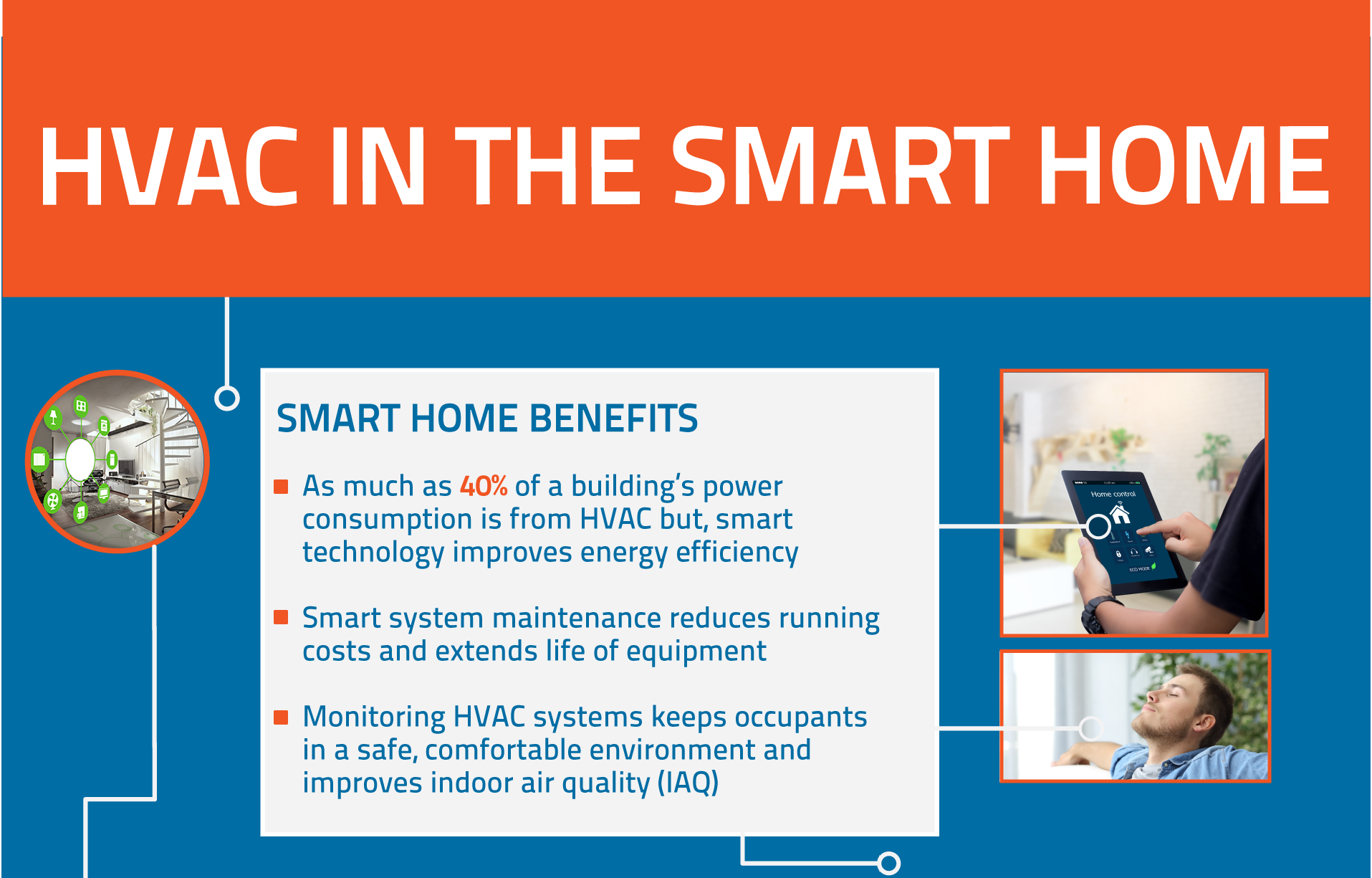Many property owners recognize with heating systems, which heat homes with oil or natural gas and press hot air through ductwork. They are reasonably low-cost and can offer trusted heating even during a wintertime power outage.
Nevertheless, they make use of fossil fuels and create carbon monoxide and other air pollution. They likewise aren't as energy-efficient as a high-efficiency heat pump.
Price
Usually, heatpump are much more cost effective to run than furnaces. They commonly utilize electricity and cooling agent to essence heat from exterior air, and after that move it right into your home. You can take advantage of cheaper electrical energy rates during off-peak hours to better decrease your home heating expenses.
Unlike heat pumps, gas or wood-burning furnaces utilize burning to create heat, emitting flue gases right into the ambience that can be harmful to your health and wellness. These furnaces are additionally much less energy-efficient than heatpump, and their higher operating expense can build up over time.
Furnaces are a lot more complex than heat pumps and require routine upkeep to ensure the appropriate function of all parts. In spite of this, they often tend to last longer than heat pumps with a typical life-span of two decades or even more. Nonetheless, you'll require to factor in the cost of gas, fuel oil or timber and the added equipment needed for installment and operation such as air ducts and ventilation systems.
Energy Effectiveness
Heatpump have a greater power performance rating than furnaces. These systems make use of electricity to scavenge warm from the air, even in freezing temperature levels. ducted heat pump systems can also get rid of excess warmth from the home throughout warmer months and recycle it to cool the system. Provider experts can help you establish the very best design for your home on climate and source power expenses.
Furnaces shed fuel oil, lp, gas or other types of nonrenewable fuel source to heat the air in the home. dc install is after that distributed via ductwork using a large follower. Furnaces produce greenhouse gases and call for normal upkeep and tools upgrades to ensure risk-free procedure.
The greatest advantage of a furnace is that it can be run also in harsh winter conditions since it does not depend on outdoor temperature levels to warm up the air. Heaters additionally have a longer lifespan than heatpump and generally last 15 years. They can likewise be paired with dual gas choices, which choose the most reliable heating choice based upon the weather condition.
Environment
Heat pumps function well in moderate environments and make use of less resource energy than heaters. Nevertheless, if your area is remarkably cold, you may require to buy a typical gas heating system rather.
Furnaces provide cozy, relaxing warmth and usually supply rapid home heating to elevate interior temperature levels. These systems can be used with a selection of fuel kinds, including gas, propane, oil or electricity.
They take in much more energy than heat pumps-- up to 3x as much-- and call for ductwork that's pricey to mount or retrofit. They're also a lot more expensive to preserve, as they can cause air quality problems and generate greenhouse gas discharges.
If you're devoted to minimizing your carbon footprint, a heat pump is a great choice for your home. https://raymonduojdw.blazingblog.com/29387417/are-warm-pumps-the-most-reliable-hvac-solution-for-your-home-a-relative-evaluation have fewer greenhouse gas emissions than heaters, specifically if you choose a power CELEBRITY ® heatpump. Your neighborhood Service provider expert can describe the differences in between these two heating unit and aid you make the very best choice for your one-of-a-kind demands.
Individual Preferences
Furnaces can be extremely power efficient when powered by natural gas, propane or oil, yet they aren't as power efficient as heat pumps in cold environments. They can likewise be much more pricey to install, requiring gas lines and air flow systems.
Nevertheless, heaters have a tendency to require much less upkeep, which can lead to lower recurring expenses. They create less greenhouse gases and are much more reliable than heat pumps during severe weather condition.
Electric heatpump are extra flexible in developing indoor comfort due to the fact that they can likewise function as air conditioning unit throughout warmer months. They can be easier to preserve, needing just routine air filter adjustments and periodic vacuuming.
If you prefer the comfort of a single system that does it all, think about a crossbreed home heating option that pairs a heater with an electric heatpump. These systems can immediately change in between both home heating alternatives based on your home's needs and temperature problems, optimizing efficiency and cost savings.
